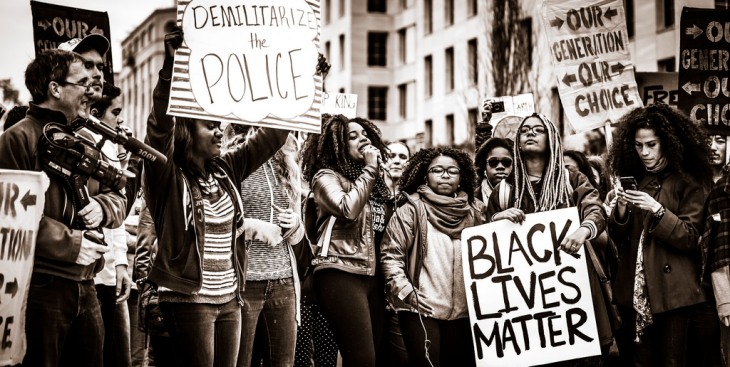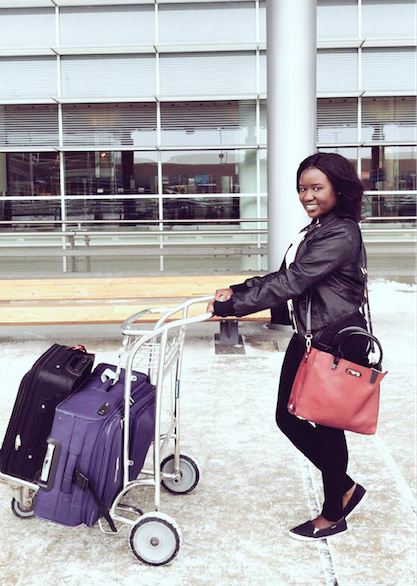I was at the airport the other day picking up someone from the airport and I noticed there were so many people at the arrivals terminal holding up signs with names of the people they were receiving. I’ve always wanted to go somewhere and have someone hold up a sign with my name, welcoming me….I think it’s pretty cool. Then it dawned on me that many of the people were arriving here for the very first time and it must be a daunting experience. It’s the start of a new school year so there were many international students arriving from various parts of the globe. There was one girl (a student from Europe I presume based on her accent) who was super excited to see a sign with her name that she went to hug the person holding it but the lady was not receptive of the hug and nonchalantly said “oh are you insert name?”. The girl exclaimed “yes!” with great excitement but the feeling was not reciprocated. I wanted to go give her the hug and welcome her to Winnipeg since her “welcome committee” was clearly not welcoming.

I had a feeling that the person picking her up had no idea what it feels to come from a distant place and going to an unfamiliar place where you don’t know anyone. This got me thinking about the experiences of many people moving from the motherland with nervousness and fear coupled with excitement. I wondered what would be useful for people to know as they made that journey from the continent. Since my last post was about diasporans moving back home, I thought it would be interesting to explore things from the other perspective: leaving home and taking up a diasporan status in North America (I can only speak of N.A as I am limited to the experiences here.
Here are 10 things you will discover:
- You will suddenly become Black (capital B). In many parts of Africa, black is one shade of our people along in addition to other shades of brown. Black is simply a colour but in North America ‘Black’ may be used to describe your race. You will start dealing with the intricacies of identifying yourself as an African and also being identified by others as Black. It’s a very interesting phenomenon.
- You will love your country of birth even more and become more patriotic. You will appreciate the things that you took for granted because you no longer have them. You will miss things you never thought you’d miss.
- You will realize that you have an accent. White people have an accent when they’re in our land but in the land their ancestors stole (see point 4), you are the one with an accent. They are the standard of reference.
- You will learn about a different form of colonization. Take any opportunity you can get to learn about the Indigenous peoples of North America. Honour them by learning their history and recognize/acknowledge that you are on stolen land.
- You will finally understand the oppressive systems faced by our diasporan brothers and sisters who were taken from the ancestral land during the slave trade. Injustices perpetuated on Black bodies, police brutality, systemic racism, discrimination, racist acts of violence and hate speech will mentally and emotionally affect you; regardless of whether it happens to you directly or to an innocent Black man in Ferguson, Missouri.

- You will face a lot of ignorant people and be asked unbelievable things about Africa and Africans. It’s not your responsibility to educate people in the digital age where information is at our finger tips. You can try but it becomes very exhausting to be the spokesperson of Africa with all its 54 countries. If you are close to certain people who are genuinely interested in learning about your roots, feel free to engage in discussions and educate them. But if a random person finds out you’re from Kenya and asks if you know Sekani, a child his church is sponsoring who lives in Angola, you can tell them that you know him and how you two herded moto moto and other hippos together on the Zambezi river. Humour can help you diffuse frustrating situations.
- You will learn that there are major differences between the highly individualistic society in North America and our collective society in Africa. You will learn to navigate through both.
- Be prepared to pay for your meals. If you’re invited over to eat out, know you are paying for yourself unless it’s explicitly mentioned that it’s a treat. In Africa, when someone invites you for coffee/tea, lunch, dinner, they are usually paying unless otherwise stated. In North America, you’re paying for yourself unless spoken otherwise. Just carry your debit card chile!
- You will be more critical of people, government and systems back home. Exposure is a wonderful thing and you will suddenly see flaws in how we do many things on the continent. Do not despair (much); this is an opportunity for you to find creative and innovative ways to impact your home in small or big ways.
- At first, the novelty of being in a new place will keep you excited. When it wears off, you will feel very homesick. It’s important to stay connected to people because community allows us to socialize, laugh, network and support each other. The reality is that living in the west can be very lonely and isolating. Keeping social ties is very important for your emotional and mental well being.
There’s definitely more but you will learn as you go. Despite the challenges, the exposure is very important.
Any other discoveries from diasporans? Feel free to add in the comment section.

This was an awesome read!
#6 really had me dying lol! Keep it up!
LikeLike
Thank you Evans! Thanks for reading ☺
LikeLike
wow! I love how you broke down these points.. Thanks Charity
LikeLike
Thank you Trysh 🙂
LikeLike
Very nice piece. Just to add , be prepared to start from the bottom when it comes to jobs! Your work experience back home does not seem to matter here, much less your education. Be humble and open to learning
LikeLike
Yes definitely! Great addition and very important to note. Thank you Phylis! 🙂
LikeLike
This is incredible Charity!
LikeLike
So emotional reading this blog. It’s well written for sure
LikeLike
Thank you Rachelle 😃
LikeLike